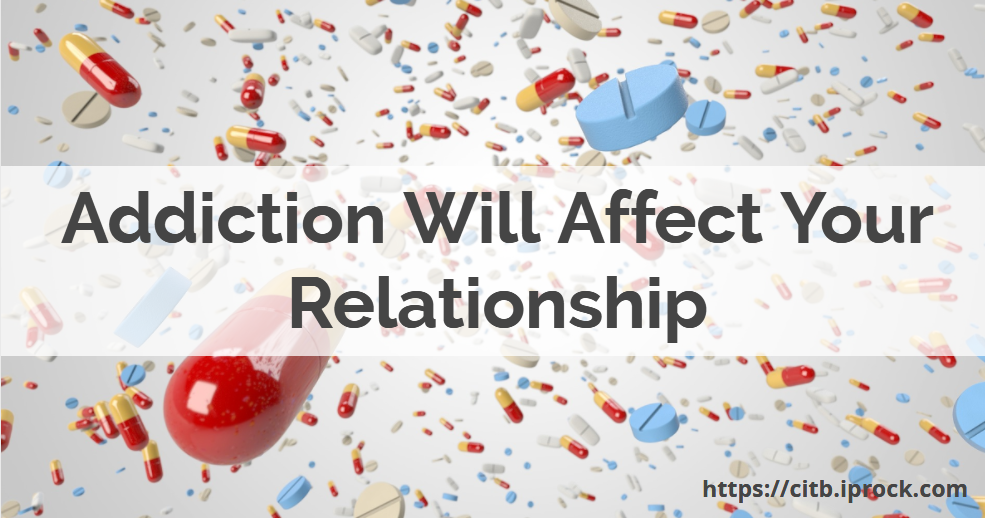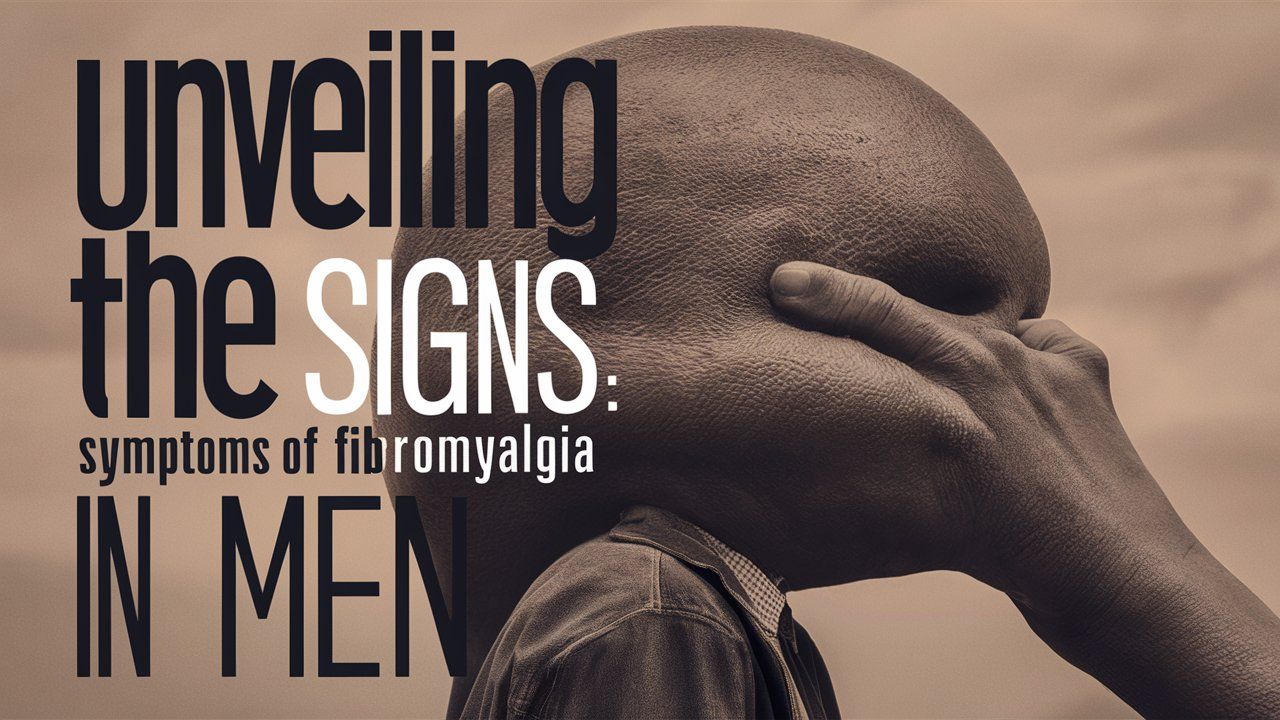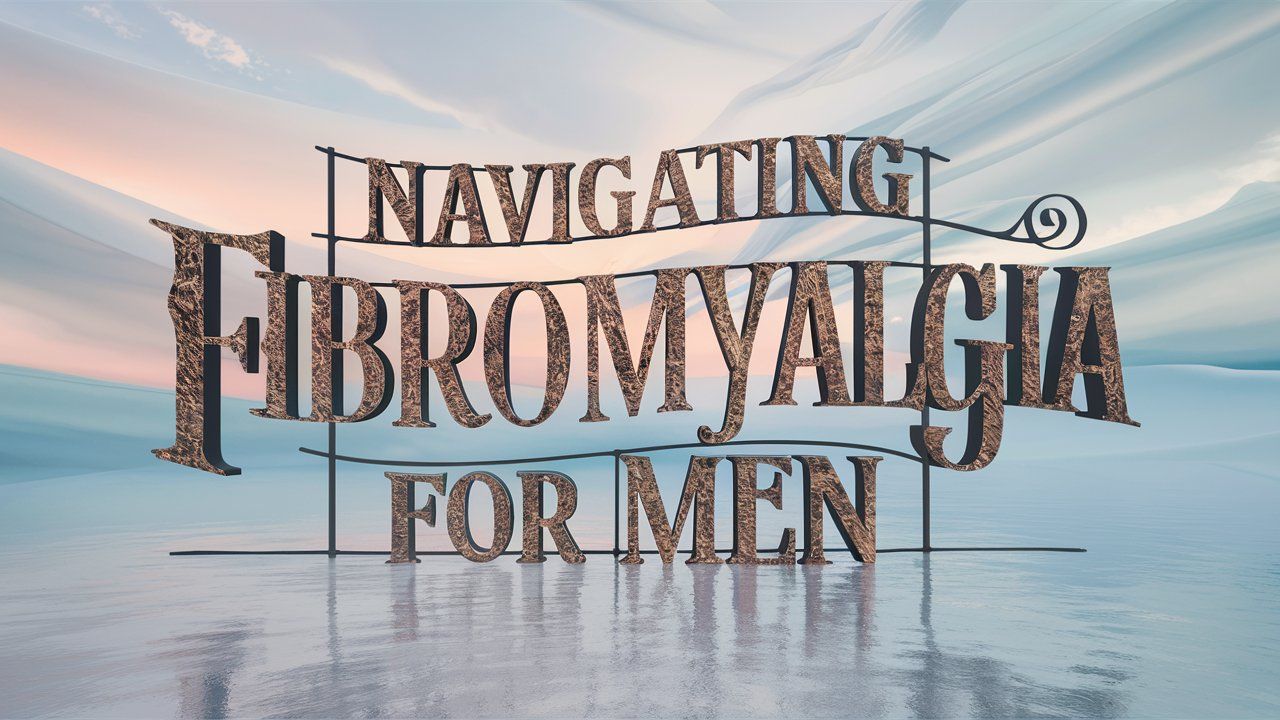EDITORS NOTE:
CITB focuses on chronic illness. I have personally experienced and live with the chronic illness of substance abuse. This is a guest post by Caleb Anderson of RecoveryHope.org. RecoveryHope.org was started by Caleb and Molly Anderson after Caleb received treatment for opiate addiction. Molly has made it her mission to learn how to help Caleb fight his battles and support him in his recovery. Together they now help others by providing research and resources about the many challenges of overcoming drug and alcohol addictions.
We thank Caleb and Molly for their contribution to CITB. We know you will enjoy their insights. Please visit their website RecoveryHope.org for more information on substance abuse and recovery.
 There are plenty of ways relationships can become strained. It’s possible to have a strong, healthy relationship, but it’s not easy. It takes work.
There are plenty of ways relationships can become strained. It’s possible to have a strong, healthy relationship, but it’s not easy. It takes work.
When you add an addiction to the relationship, things get much harder. Substance abuse can challenge even the strongest relationship, and many couples break up over it. Thankfully, there are actions you can take to both help your partner and save your relationship. But before you can help, you need to know whether your partner has a problem.
Substance Abuse Leads To Unhealthy Relationships
How do you know if your partner is struggling with addiction? Medical News Today lists a number of signs and symptoms of addiction to watch for, including: bouts of moodiness, bad temper, poor focus, a feeling of being depressed and empty, frustration, anger, bitterness, obsession, denial, etc.

The Mayo Clinic has an exhaustive list of signs related to specific addictions, including marijuana, opiates, and cocaine.
Having a relationship with an addict can lead to pain and stress. It can also lead to heartbreak because addiction can lead to infidelity. Swift River explains this is due to several factors, including a higher chance of risky behavior such as sex with others. Some even use sex as payment for whatever they need.
How You Might Be Enabling
 Whether it’s secrecy, anger, or infidelity, the addict is responsible for their own behavior. However, there are ways you might be enabling your partner’s addiction. Enabling is when you help your partner to continue abusing substances even if you don’t realize it. Here are a few ways you might be contributing to the addiction:
Whether it’s secrecy, anger, or infidelity, the addict is responsible for their own behavior. However, there are ways you might be enabling your partner’s addiction. Enabling is when you help your partner to continue abusing substances even if you don’t realize it. Here are a few ways you might be contributing to the addiction:
- Ignoring evidence that they have a substance abuse problem.
- Helping them avoid the consequences of addiction.
- Buying or using the same drugs and alcohol along with them.
- Failing to hold them responsible when you’ve set boundaries or rules that are not met.
Even if you mean well, you can enable addiction because your partner has no reason to change. Addicts often need to get treatment or hit “rock bottom” before they realize how bad things have become due to their addiction. Protecting your partner makes it harder for them to get help.
Helping Your Loved One
 Then how can you help your partner get better? Many people think about staging an intervention, but as Psychology Today notes, these should be last-ditch efforts as there’s no evidence they help an addict in the long-run. Instead, you need to politely and gently convince your partner to go to a doctor or therapist. Focus on how it’s hurting the relationship and ask, not tell, if they would consider getting help.
Then how can you help your partner get better? Many people think about staging an intervention, but as Psychology Today notes, these should be last-ditch efforts as there’s no evidence they help an addict in the long-run. Instead, you need to politely and gently convince your partner to go to a doctor or therapist. Focus on how it’s hurting the relationship and ask, not tell, if they would consider getting help.
Once they have entered addiction recovery treatment, you need to be loving and accepting of your partner. Work with your loved one to find healthy habits and activities. This can mean social activities with friends who don’t use as well as healthy ones like yoga, exercising, or just taking a nice walk. Not only will this help your partner get better, but it can heal the relationship as well.
Don’t Let Addiction Ruin Your Relationship
 The worst thing you can do when facing your partner’s addiction is to ignore it. This actually enables substance abuse. Instead, understand how addiction impacts your relationship. Then you can focus on getting your loved one the help they need to get sober. By helping your partner, you are also helping your relationship.
The worst thing you can do when facing your partner’s addiction is to ignore it. This actually enables substance abuse. Instead, understand how addiction impacts your relationship. Then you can focus on getting your loved one the help they need to get sober. By helping your partner, you are also helping your relationship.
Please visit RecoveryHope.org for more information on substance abuse and recovery



